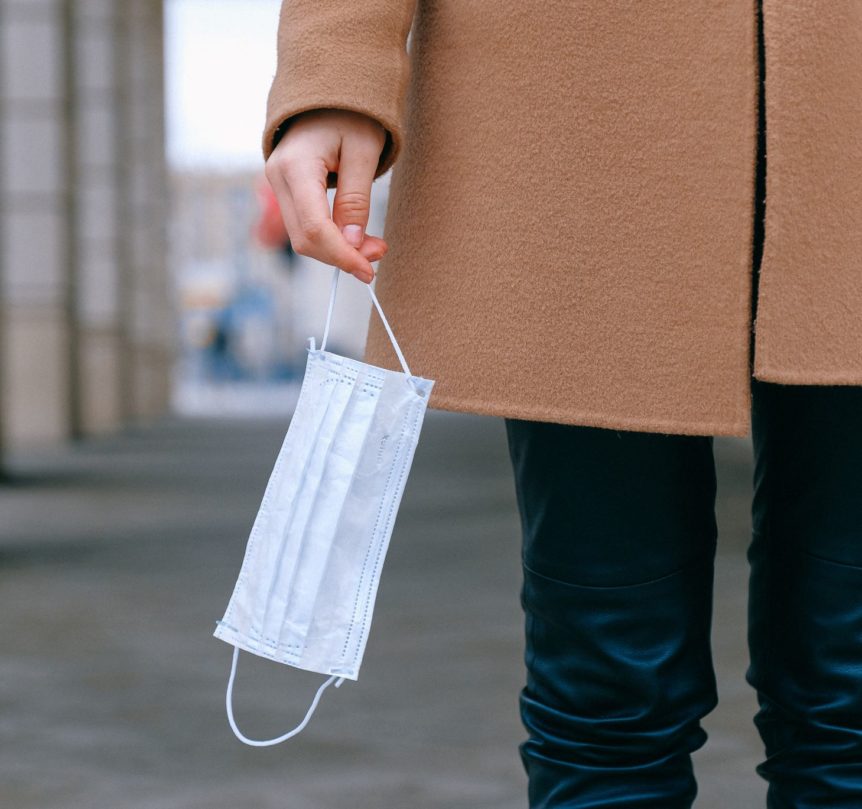It depends.
I know, I know. “It depends” is the archetype of the frustrating noncommittal attorney answer. But really, it does depend – in large part on the language of your short-term disability (“STD”) policy or long-term disability (“LTD”) policy. In the interest of making this blog useful, I’ll elaborate more on that shortly.
But first…
What does it mean to be high-risk for COVID-19?
You’ve probably heard the term “high-risk” when discussing the coronavirus. In short, some people are at a much higher risk for serious complications from the coronavirus than others, including the elderly, people with underlying co-morbidities, and people who are immunocompromised. If you’re immunocompromised (or immunosuppressed), then your immune defenses are not functioning normally. Your body doesn’t protect you as well from colds, bacteria, and viruses.
Unfortunately, many conditions can render you immunocompromised, including diabetes, lung disease, heart disease, HIV/AIDS, cancer, lupus, multiple sclerosis, rheumatoid arthritis, malnutrition, and others. Prescription meds or recent surgeries can also make you more susceptible to illness.
So, what about STD and LTD benefits?
I’m going to level with you: disability benefits are usually one of my favorite topics. My husband has been known to stage interventions because I can get carried away discussing the ins and outs of the process. So yes, I usually love talking about STD and LTD benefits. (Don’t worry, I’m over here rolling my eyes at me, too.). But not today.
I’ll explain. As a long-term disability attorney, I know a lot of folks that are high-risk for COVID-19. Many of those people had already been forced to stop working, but many had not.
Many within this latter group now find themselves without an income because it’s simply too risky to go to work. Indeed, it’s quite literally a life or death situation. You shouldn’t have to choose between your health and supporting your family. Which is why the availability of short-term disability benefits and long-term benefits are so important right now.
I promised you I’d elaborate on my “it depends” answer and I like to keep my promises.
Under most STD and LTD plans, you must demonstrate that you are not able to work at your job due to illness. If you actually have COVID-19, it shouldn’t be too difficult to demonstrate that you’re not able to work (though, insurance companies have been known to do worse). The period of benefits you are eligible for in this situation will probably be limited – perhaps a couple of weeks – unless you suffer from complications that prolong your recovery.
But what about individuals who are quarantined without a COVID-19 diagnosis? I.e., the high risk and immunocompromised folks. This is where things get tricky because folks who are not sick generally would not qualify for benefits.
Therefore, you need to determine what it means to be “sick” or have an “illness” under the terms of your STD policy or LTD policy (or, you can look to your Summary Plan Description or SPD in a pinch). Each policy is different.
Once you’ve done that, you’ll need to complete your application for disability benefits with your insurance carrier, making sure what you assert fits within the confines of disabilities allowed under your policy.
I’ll give you an example. Let’s say Jane Doe has multiple sclerosis. Pre-COVID-19, Ms. Doe was able to work full-time, managing her symptoms with an immunosuppressant medication. But now, because of her medication and the effect it has on her immune system, working during a pandemic is too risky.
It is crucial that Ms. Doe explain her disability to her insurer in terms of her higher risk of serious infection if she is exposed to the COVID-19 virus rather than simply “multiple sclerosis.” And even then, there is a possibility that the insurer will deny her application for disability benefits because her policy does not insure against “future risks” or “possible loss.”
To bring this full circle and answer the initial question, yes, it is possible to qualify for disability benefits because you are high risk for COVID-19. But be sure to thoroughly explain the impact of COVID-19 on your underlying condition in your application for disability benefits. This will give you the best chance of successfully obtaining STD and LTD benefits.
Disclaimer: We are ERISA attorneys, but we are not your attorneys and this article does not create an attorney-client relationship. The information in this blog post is provided for general information purposes only, and may not reflect the current law in your jurisdiction. No information in this blog post should be construed or seen as legal advice, nor is it intended to be a substitute for legal counsel on any subject matter.

